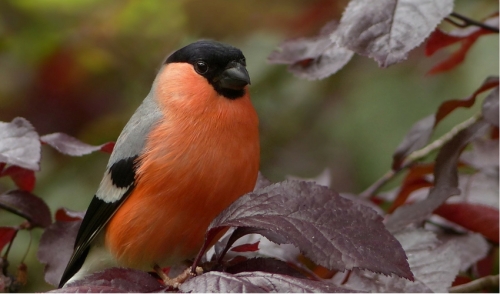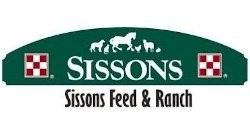
Essentials for Backyard Birding
Getting started as a backyard birder is easy, inexpensive and enjoyable. Birders need to meet birds' needs in their backyard as well as their own birding needs to enjoy every feathered friend that flits through their yard.
Meeting Birds' Needs
The best way to attract a wide range of backyard birds is to meet their basic survival needs – food, water, shelter and nesting sites.
- Food: Bird feeders are a fast, effective way to offer food to birds, and there are many options – sunflower seeds, mixed seed, suet, nuts and nectar are the best options that will attract the most birds. In addition to feeders, offering natural food sources such as nectar-producing and seed-bearing flowers, berry bushes and fruit trees will appeal to birds.
- Water: Birds need water not only to drink, but also to bathe to keep their feathers in good condition and to keep cool on hot days. Bird baths are a great choice, as long as the bath is only 2-3 inches deep and has a good lip for birds to perch on when they want a sip. Fountains will attract birds with splashing noises, and a backyard pond may even attract ducks.
- Shelter: Birds use a variety of trees, shrubs and tall grasses for shelter and roosting. Planting bird-friendly landscaping in layers will accommodate more birds, and using a combination of evergreen and deciduous plants is best. If landscaping isn't mature, adding a quick brush pile is a great way to incorporate instant shelter in the backyard.
- Nesting Sites: Birds need a safe place to raise their chicks, and while the same bird-friendly landscaping they use as shelter will suffice for many bird families, adding bird houses is another way to offer prime real estate to birds. Be sure there is plenty of nesting material in the yard as well – grass clippings, twigs, pine needles, mud, etc. – so birds will take up residence.
Meeting Birders' Needs
Once birds' needs are met they will enjoy the backyard, but birders will enjoy their avian visitors more if they are prepared as backyard birders with the right setup and equipment.
- Best Views: A key feature of backyard birding is the ability to easily see the birds. A feeding station should be set up within good view of a comfortable window, without being so close that birders at the window will scare away hungry birds. Decks, patios and porches are other great places to set up bird feeders and baths for easy, rewarding views.
- Optics: A good pair of binoculars is a must-have for every backyard birder, no matter how big or small their yard. Choose optics with a short close-focus distance, which will allow the binoculars to be used even when the bird is just a few feet away. As birders see more birds up close, they will be amazed at the intimate details they can discover.
- Field Guide: Every backyard birder needs at least one good field guide so they can identify the birds in their yard. A regional field guide is adequate for backyard birders, but a birder travels to other backyards – wildlife refuges, botanical gardens, birding festivals, etc. – may want a more comprehensive national field guide. Guides are available with either photographs or illustrations, and birders should choose the format that they are most comfortable with.
Backyard birding is a fun and entertaining hobby, and an easy one for anyone to get started with. By meeting birds' needs for survival and having the proper setup and equipment to meet birders' needs, any backyard can become a personal birding sanctuary.
